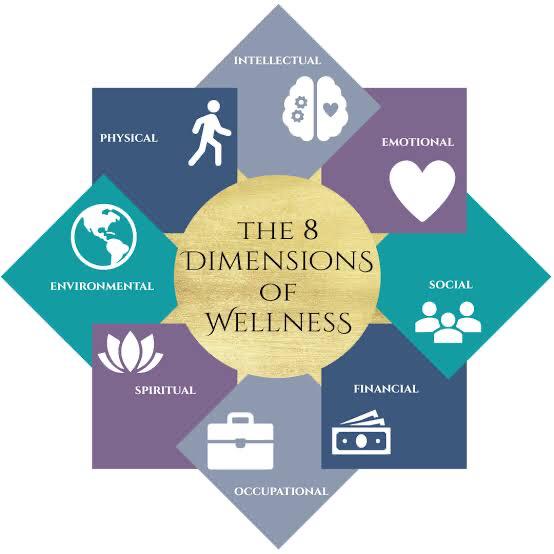The Eight Dimensions of Wellness That Must Be Incorporated Into Your Recovery
By
Dr G Om Prakasham
Chairman, Lotus Wellness
Consultant Cardiac Surgeon
Incorporating these eight dimensions of wellness in your recovery can improve your overall well-being and help make the entire process easier.
Wellness is just as vital to the recovery process as abstaining from drugs and alcohol. This might seem like an exaggeration or hyperbole, but it isn’t. Recovery is about breaking free from dangerous behaviors to build a meaningful life without the weight of active addiction. Without taking the time to maintain your mental and physical health, recovery can become overwhelming and it can be all too easy to slip back into old habits.
Preserving and protecting your well-being allows you to be the best version of yourself. When you’re actively tending to your psychological and physical needs, you feel connected to yourself, closer to others and dedicated to leading a substance-free life. While wellness sounds great on paper, it can be challenging to understand how to actually practice it in your day-to-day life.
To help make wellness easier to understand and achieve, we at lotus have outlined eight dimensions of wellness. By devoting time to each of these dimensions in your daily life, you can improve your health and well-being and reaffirm your commitment to recovery.
1. Emotional
Emotional wellness is more than feeling happy. In fact, a key part of emotional wellness is accepting that you won’t feel content at all or maybe even most of the time. By acknowledging your feelings and working through them, you can become more in touch with your inner life and practice emotional wellness. Processing your emotions through writing, talk therapy or in conversations with people you trust can make this task easier. Emotional wellness can help you manage your stress and build resilience in the face of temptations or setbacks.
2. Environmental
The environments where you live, work and relax can have a significant impact on your mood and overall well-being. This is particularly true if you’re in recovery. Feel empowered to avoid places or situations where you might be tempted or pressured to use drugs or alcohol, especially if you’re already stressed or struggling. Spend time in safe, comfortable spaces as often as you can.
3. Financial
While it might sound mundane, getting a handle on your finances can relieve a surprising amount of stress from your daily life. Never knowing how much money you have left for food each month or constantly worrying about retirement is emotionally taxing. Take time to understand your current spending habits and monetary needs. Create a budget that cuts down on excess spending and allows you to save for the future. You can even help yourself feel grateful for your sobriety by calculating how much money you’re saving every month by not buying drugs or alcohol. Making a safety net for your current and future self can give you comfort and peace of mind.
4. Intellectual
Whether you realize it or not, you’re always on the lookout for new ways to stimulate and engage your brain. But if you seek out this stimulation without care or consideration, you may find yourself participating in passive activities like scrolling through social media or watching hours of television. While these activities can be satisfying in the moment, they lack the depth and meaning needed for true intellectual wellness. Instead, cultivate your curiosity by engaging in challenging activities that interest you. Learn how to play the piano. Write a short story. Read a book by your favorite author, or scan your local bookstore for something new. Staying open to new ideas, interests and wisdom enriches your days and makes life worth living.
5. Occupational
Engaging in meaningful work allows you to live out your values. Whether it’s a day job, going to school or volunteering, doing work that you are passionate about can make your life feel more meaningful. Plus, if you do work you love, you’ll have another reason to feel excited when you wake up in the morning.
6. Physical
Your body is the vessel that moves you through the world; it’s vital that you treat it with kindness. Participating in regular physical activity, getting restful sleep and eating healthy foods can reduce your risk of illness, bolster your mood and increase your energy levels —promoting both emotional and physical wellness.
7. Social
We need other people in our lives. Social support is one of the most fundamental human needs. Close friends and family members are there to celebrate the good with you, lament the bad and help you go through life feeling connected and cared for. Because of this, it’s vital that you foster close relationships and make an effort to connect with at least one person you’re close to every day. Attending Alcoholics Anonymous (AA), Narcotics Anonymous (NA), SMART Recovery or other addiction support groups can provide you with extra support in recovery and help you stay committed to sobriety.
8. Spiritual
Spirituality is the search for personal meaning and purpose. A healthy spiritual life can help you feel more connected to yourself, others and the world around you. If you want to develop a sense of spirituality, it’s important to take part in reflective activities that allow you to understand and practice your values and beliefs. Attend a place of worship, go for a walk, practice yoga, try meditation — whatever feels right to you. Taking the time to perform these activities on a regular basis can improve your overall wellness, increase your sense of purpose and allow you to better understand your recovery goals in a larger context.
While incorporating these eight dimensions of wellness may improve your day-to-day life, it’s important to remember that they are not a fix for external difficulties. Wellness is not the absence of illness or stress — it’s having the mental and physical fortitude to cope with these challenges. Regardless of your life circumstances, you can always strive for wellness.
Wellness is particularly important for those in recovery from substance use disorders. If you or someone you know is currently struggling with addiction, several of these dimensions of wellness are likely being neglected. You don’t have to stay silent and deal with the weight of these conditions on your own. Help is available, and it’s closer than you think. Reach out to Lotus wellness and rehabilitation Center in Coimbatore today to learn more about evidence-based treatment for co-occurring disorders and addiction.
ABOUT LOTUS – India’s Finest Luxury Rehab
Lotus is a Holistic World Class luxury Rehab in India. It is known to offer the best programs for Detox , Deaddiction, Mental Health and Overall Wellness in Asia.
LOTUS WELLNESS AND REHABILITATION CENTER
Pollachi, Coimbatore , Tamilnadu , India
Call confidentially 24/7 (+91 7339062555)
Reach us at info@lotuswellness.life
To know more about us visit our website
www.lotuswellness.life

